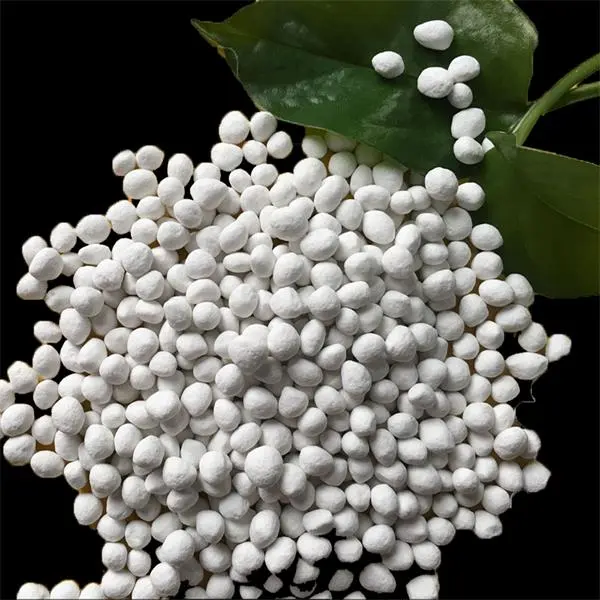Introduce:
Potassium sulfate, commonly known as sulfate of potassium (SOP), is a key fertilizer and agricultural nutrient that plays an important role in crop cultivation. As farmers and agricultural experts continue to work to optimize yields and improve soil fertility, it is imperative to understand the factors that influence the potassium sulfate price per ton. In this blog post, we’ll take a closer look at the various factors that contribute to potassium sulfate costs and shed light on its impact on farmers and consumers.
Factors affecting the price of potassium sulfate per ton:
1. Potassium ore supply situation:
Potassium sulfate mainly comes from potassium ore. The availability and accessibility of potassium ore greatly affects its price. Factors such as geography, mining costs and mining regulations all affect supply and therefore the overall price per ton.
2. Raw materials and production costs:
The cost of the raw materials used to make potassium sulfate, such as sulfur dioxide and potassium chloride, directly affects the final price. The availability, procurement and transportation of these raw materials, as well as the energy required in the production process, all affect the total cost.
3. Market demand and global supply:
Global demand for potassium sulfate plays a vital role in determining its price per ton, driven by agricultural practices and demand for quality fertilizers. Fluctuations in market demand caused by climate change, consumer preferences, government policies and other factors may lead to price fluctuations.
4. Production capacity and technological progress:
The ability of potassium sulfate manufacturers to meet global demand is affected by their production capabilities. Technological advances and innovations in production processes can increase efficiency and potentially reduce costs. However, these advances may also require significant investment, which may have an impact on the final price per ton.
5. Shipping and delivery charges:
The transportation and distribution network from the production facility to the end user affects the final price of potassium sulfate. Factors such as distance, logistics, infrastructure and handling costs all affect the total cost, which is then reflected in the price per ton.
Impact on farmers and consumers:
Knowing the price per ton of potassium sulfate is critical to both farmers and consumers as it directly affects agricultural practices and market dynamics.
For farmers, price fluctuations can affect their overall production costs and profitability. They must take price changes into account when planning their farming budgets and fertilizer use. By understanding the factors that influence price, farmers can make informed decisions about when to purchase potassium sulfate to optimize their spending.
For consumers, especially those in the food industry, fluctuations in potassium sulfate prices can affect the overall cost of raw materials, production processes, and ultimately consumer prices. Staying abreast of market trends and understanding factors affecting prices enables consumers to analyze and prepare for potential cost changes.
In conclusion:
The price per ton of potassium sulfate is affected by a variety of factors, including raw material costs, market demand, supply of potassium ore, transportation costs and technological progress. By understanding these factors, farmers and consumers can better navigate market dynamics, optimize spending and ensure sustainable growth in the agricultural sector.
Post time: Sep-16-2023

